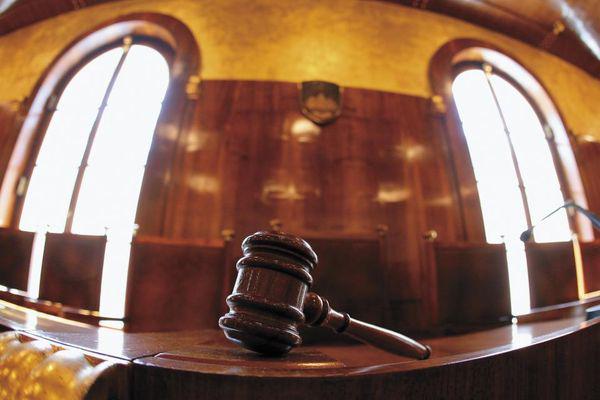
In late autumn two more posts will become vacant. Slovenian President Borut Pahor has therefore started collecting candidate names. The constitutional judges proposed by Pahor will then be voted on by the National Assembly.
Two thirds of the country's constitutional judges will have to be replaced in a period of one year. Even though Slovenia has enough legal experts, older than 40 years of age, eligible to become constitutional judges, the real question is how many and what kind of proposals will be presented to president Pahor. The search process for a constitutional judge is different compared to that of a Supreme Court president. If Pahor ascertains that there have been no applications, or if he judges that none of the candidates are suitable for the post of constitutional judge, the president can also start searching for candidates himself.
Rumours are already spreading that the candidates will not send applications on their own. The process would be more successful if Pahor decides to invite certain individuals to apply – as no one would refuse such an invitation. Pahor, of course, would have to think good about who to send the invitations to. And his word will not be the last. Constitutional judges are ultimately voted on by the National Assembly in a secret ballot with a result of at least 46 votes in favour.
Will the new public presentations "take root"?
President Pahor introduced a novelty for the candidates he proposes. A public presentation. Today saw the first such presentation of Mojca Planinšek, proposed by Pahor for second deputy head of the Court of Audit. Pahor announced that from now on there will always be such public presentations – also in the case of constitutional judges.
Slovenia's constitutional judges have reacted differently to the idea. Some say our culture of public hearings would most likely turn back potentially good candidates from sending in their applications. Others say it would be correct for candidates to present themselves to the wider public and respond to criticism directed at them.
Nevertheless, the responsibility to choose good candidates still falls on Slovenian President Borut Pahor. And Pahor probably can't afford another slip up – like in the case of the Corruption Prevention Commission.
T. K. B. (MMC), J. L. (RA SLO); translated by K. J.

































































